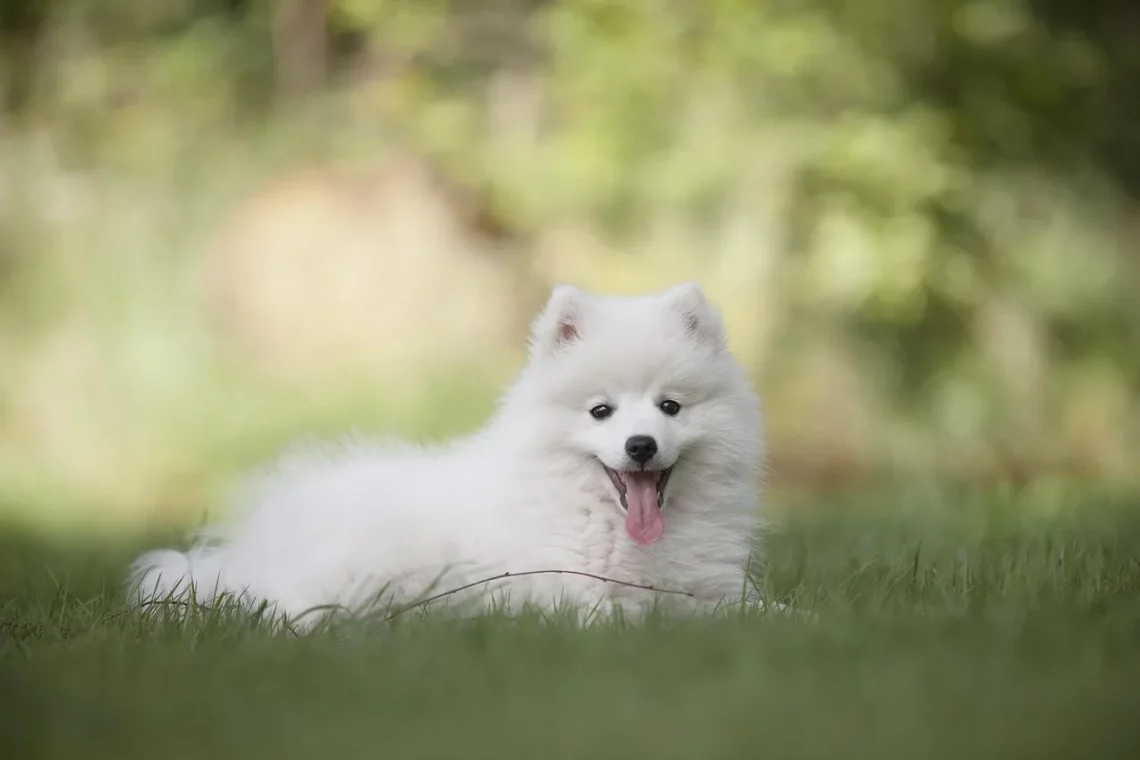
Essential Tips for Training Your Puppies Effectively and Joyfully
Training a puppy is one of the most rewarding experiences a pet owner can undertake. These young, energetic creatures are not only eager to learn but also possess an innate curiosity about the world around them. As they navigate their new lives with us, it becomes essential to guide them through this exciting journey. Effective training lays the foundation for a strong bond between you and your puppy, fostering trust, understanding, and companionship.
However, training a puppy can also present its challenges. Young dogs often have short attention spans and can be easily distracted. This makes it crucial for owners to employ strategies that are both effective and enjoyable. A positive training experience not only leads to better behavior but also helps in building confidence in your puppy. As they learn new commands and tricks, they will feel a sense of accomplishment, encouraging them to engage more with their training sessions.
Moreover, training is not just about instilling obedience; it also involves socialization, which is vital for a puppy’s development. By exposing them to various environments, sounds, and people, you prepare them to navigate the world confidently. In this article, we will explore essential tips for training your puppies effectively and joyfully, ensuring that both you and your furry friend have a fulfilling experience.
Establishing a Routine
One of the cornerstones of effective puppy training is establishing a consistent routine. Puppies thrive on predictability, as it helps them understand what is expected of them and when. A structured day not only aids in their training but also contributes to their overall well-being.
Start by setting specific times for feeding, walks, playtime, and training sessions. For instance, feeding your puppy at the same time each day helps regulate their digestive system and establishes a routine that they can rely on. Similarly, regular potty breaks should be scheduled, especially after meals, playtime, and waking up. This consistency helps your puppy learn where and when it is appropriate to relieve themselves.
In addition to daily schedules, training sessions should also occur at the same times each day. Short, frequent training sessions—around 5 to 10 minutes—are more effective than longer, infrequent ones. This is because puppies have shorter attention spans, and keeping training sessions brief keeps them engaged and eager to learn.
Another important aspect of routine is the incorporation of playtime and exercise. Puppies have a lot of energy, and regular play sessions can help them burn off excess energy, making them more focused during training. Activities such as fetch or tug-of-war not only provide physical exercise but also enhance your bond with your puppy.
Lastly, remember that routines should be flexible enough to allow for variations. Life with a puppy can be unpredictable, and being too rigid can lead to frustration for both you and your pet. Embrace the spontaneity of puppyhood while maintaining the core elements of your routine, ensuring a balanced approach to training.
Positive Reinforcement Techniques
Positive reinforcement is one of the most effective training methods for puppies. This technique relies on rewarding desired behaviors, which encourages your puppy to repeat them. The rewards can come in various forms, including treats, praise, or playtime, and it’s essential to choose what motivates your puppy the most.
When using positive reinforcement, timing is critical. You must reward your puppy immediately after they exhibit the desired behavior. This helps them associate the action with the reward, reinforcing the behavior more effectively. For example, if your puppy sits on command, provide a treat right away, along with enthusiastic praise. This instant feedback helps them understand what they did right.
It’s also important to vary the rewards as your puppy becomes more proficient in their training. Initially, you may want to offer treats more frequently, but as they grasp the commands, you can gradually reduce the treats and mix in praise or play instead. This approach keeps your puppy motivated and engaged without becoming overly reliant on treats.
Additionally, avoid punishment or negative reinforcement, as these methods can lead to fear or anxiety in your puppy. Instead, focus on redirecting unwanted behaviors. If your puppy is chewing on something they shouldn’t, redirect them to an appropriate chew toy and praise them for using it. This method not only teaches them right from wrong but also reinforces positive behaviors.
Remember that consistency is key. Everyone in the household should use the same commands and rewards to avoid confusing the puppy. By fostering a positive and encouraging environment, you create a joyful training experience that strengthens your bond with your puppy and promotes good behavior.
Socialization and Exposure
Socialization is a fundamental aspect of puppy training that cannot be overlooked. Exposing your puppy to different environments, people, and other animals helps them develop into well-adjusted adults. Early socialization can prevent behavioral issues later in life and enhance your puppy’s confidence in various situations.
Start by introducing your puppy to a variety of experiences. Take them on walks in different neighborhoods, visit pet-friendly stores, or attend puppy classes. Each new encounter offers a learning opportunity, helping them to adapt to diverse sounds, sights, and smells.
When socializing your puppy, it’s important to ensure these experiences are positive. Introduce them to new people and other dogs gradually, allowing them to approach at their own pace. Encourage positive interactions by rewarding calm and friendly behavior with treats and praise. If they seem fearful or overwhelmed, give them space and time to adjust. Never force a puppy into a situation that makes them uncomfortable, as this can lead to negative associations.
Additionally, consider the importance of exposing your puppy to various environments. Different surfaces, sounds, and situations will help them become adaptable. For instance, walking on grass, concrete, and gravel, hearing car noises, or experiencing bustling crowds will all contribute to their socialization.
Lastly, remember that socialization should continue throughout your puppy’s life. Regularly exposing them to new experiences will help reinforce their training and prevent behavioral issues from arising. A well-socialized puppy is more likely to grow into a confident and well-mannered adult dog, making for a happy and harmonious relationship.
Patience and Consistency in Training
Training a puppy requires a great deal of patience and consistency. Puppies are learning and exploring their world, and this process can sometimes be slow and filled with setbacks. It’s essential to approach training with a calm demeanor and an understanding that every puppy learns at their own pace.
Expect that there will be difficult days. Your puppy may not always respond to commands or may seem distracted. This is normal and part of the learning process. Instead of getting frustrated, take a step back and assess the situation. Are the distractions too strong? Is the training session too long? Adjust your approach as needed and remember to end on a positive note.
Consistency is equally vital in ensuring successful training. Use the same commands for the same behaviors, and ensure that all family members are on board with the training methods. This uniformity helps your puppy understand what is expected of them without confusion.
Keep in mind that every interaction with your puppy is a training opportunity. Whether you’re playing, walking, or just spending time together, you can reinforce good behavior and commands. Take advantage of these moments to practice what they’ve learned and to introduce new concepts.
Finally, celebrate the small victories. Recognize and reward your puppy for their accomplishments, no matter how minor they may seem. This positive reinforcement will keep them motivated and eager to learn, making the training process enjoyable for both of you.
In conclusion, training your puppy effectively and joyfully is a journey that requires dedication, patience, and a commitment to positive reinforcement. By establishing a routine, employing effective training techniques, socializing your puppy, and practicing patience and consistency, you can foster a strong bond with your furry friend and set the stage for a happy, well-behaved dog. Remember, the training process is not just about obedience; it’s about building trust and companionship that will last a lifetime. Enjoy the journey, and embrace the joy that comes with training your puppy.




